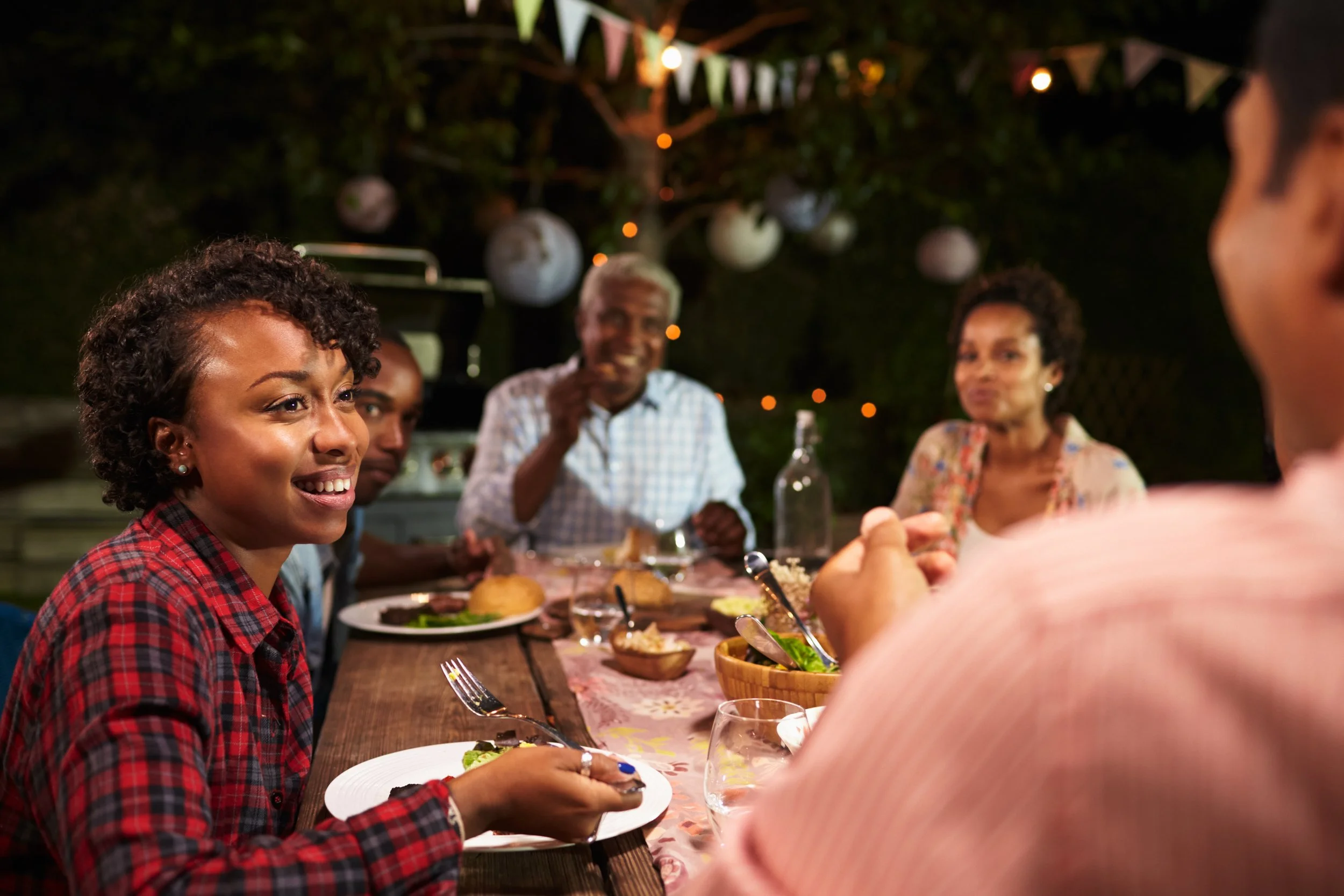The Evolution of Dating and Relationships in the Social Media Era
Photo Credit: Vladimir Vladimirov via iStockphoto.com
By: Jamila Gomez
In just a few short years, social media has drastically changed the landscape of dating and relationships. It has not only revolutionized how people meet, connect, and communicate but has also influenced the way individuals perceive themselves and others. While there are undeniable advantages to the rise of social media in the dating world, there are also significant downsides, creating a complex and multifaceted impact.
One of the most apparent changes brought about by social media is the way people meet and form relationships. Online dating platforms, such as Tinder, Bumble, and OkCupid, have become increasingly popular, with millions of users worldwide. They offer a convenient and efficient way for individuals to search for potential partners based on shared interests, compatibility, and location.
Moreover, social media has opened up new avenues for communication and connection. Platforms like Facebook, Instagram, and Twitter provide endless opportunities to interact with others, breaking traditional barriers of time and space. Messages can be sent in an instant, photos can be shared with a click, and status updates allow individuals to keep up with each other's lives, even when physically distant.
However, this constant connectivity has also had negative ramifications in the dating world. One of the notable downsides of social media is the pressure it places on individuals to curate and present an idealized version of themselves. People carefully select which photos to upload, meticulously edit their posts, and often strive to portray an image of a perfect life. This phenomenon, commonly referred to as "highlight reel syndrome," can lead to feelings of inadequacy, as individuals compare their own lives to the seemingly perfect lives of others.
Furthermore, social media can breed feelings of jealousy and insecurity within relationships. With constant access to each other's online profiles, it becomes easy to monitor and scrutinize every interaction, like, or comment, leading to trust issues and increased suspicion. The presence of ex-partners or potential love interests on social media can also be a source of conflict, as individuals may feel threatened or uneasy about their partner's online behavior.
Another significant concern is the potential for cyberbullying and online harassment affecting relationships. Hurtful comments, rumors, or private information can easily go viral, leading to emotional distress, embarrassment, or even the breakdown of a relationship. Additionally, the constant presence of social media can lead to obsessive behavior, with individuals constantly checking their partner's online activity, making it difficult to maintain healthy boundaries and privacy.
Despite these challenges, social media has also facilitated positive changes in relationships. It provides a means for couples to stay connected even when physically apart, sharing experiences and fostering intimacy. It also allows individuals to express love and affection publicly, celebrating milestones or showcasing their commitment. For long-distance relationships, social media offers a platform where partners can communicate daily, bridging the physical gap.
Ultimately, the impact of social media on dating and relationships is a mixed bag. While it has broadened the playing field, making it easier for individuals to meet potential partners, it has also brought about challenges that can strain relationships. It is crucial for individuals to navigate the world of social media mindfully, finding a balance between the benefits and risks. Establishing clear boundaries, open communication, and setting realistic expectations can help harness the positive aspects of social media while mitigating its negative impact.







